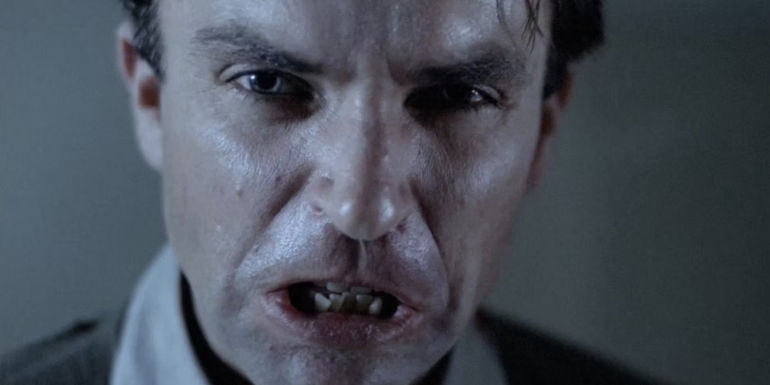
The Enigmatic and Controversial Journey of Possession (1981)

A deep dive into the captivating and controversial journey of Possession, a cult classic that has left a lasting impact on cinema and its audience.
Unraveling the Surreal and Intense World of Possession
Possession (1981), directed by Andrzej Żuławski, quickly garnered attention for its unorthodox narrative and intense emotional depth. The psychological horror-drama stars Isabelle Adjani and Sam Neill and unfolds in a bleak, divided Cold War-era Berlin, plunging into the tumultuous relationship between a couple experiencing a disintegrating marriage. However, Possession delves into realms of the surreal, intertwining personal and political chaos with supernatural elements. The film's enigmatic storyline and harrowing performances have made it a subject of fascination and controversy, taking viewers on a journey through the extremes of human emotion and psychological horror.
Anna (Isabelle Adjani) and Mark (Sam Neill) walk through the street covered in blood in Possession
The movie, Possession, is a compelling piece of cinema, a film that pushes the boundaries of genre, challenging its audience to confront the darker aspects of the human psyche. Possession's enigmatic and multi-layered plot, combined with Żuławski's unique directorial style, makes it both a challenging and unforgettable Sam Neill horror movie. Adjani's portrayal earned her widespread acclaim, including the Best Actress award at the Cannes Film Festival, solidifying the film's impact on the world of cinema.
Mark (Sam Neill) looks upset in Possession
The Notoriety and Ban of Possession as a 'Video Nasty'
The term 'video nasty' became prominent in the UK during the early 1980s to describe a group of films distributed on video cassettes that were criticized for their violent content by the press, social commentators, and various religious organizations. Possession fell into this category due to its intense and often disturbing content, leading it to be labeled as a 'video nasty.' The film's graphic nature, combined with its complex and unsettling themes, resulted in it being banned in the UK and heavily edited for the US theatrical release, with over 40 minutes cut, a third of the entire film. The original uncut version of Possession was hard to come by, making it a sought-after piece for horror aficionados and cinephiles who wanted to experience Żuławski's unfiltered vision.
Possession's journey through censorship and editing highlights the era's cultural and societal tensions regarding media content and its impact on audiences, shedding light on the controversies and challenges faced by the film during its release.
Sam Neill's Reflection on the Intense Experience of Possession
Sam Neill's reflection on Possession offers a rare glimpse into the intense experience of making this controversial film. Describing it as 'the most extreme film' he has ever been a part of, Neill's comments reveal the demanding nature of Andrzej Żuławski's directorial approach. The actor acknowledges that while many viewers have a strong aversion to the film, Neill considers Possession a 'flawed masterpiece'. Neill's insights into Żuławski's methods are particularly telling, shedding light on the emotional and moral challenges faced during the production.
Despite the difficulties, Neill reflects on the experience as being part of something greater, a testament to the actors' belief in Żuławski's artistic vision. This mix of admiration and distress in his recounting offers a nuanced perspective on the complex dynamics of film production, especially in projects like Possession, which push the boundaries of conventional storytelling and performance.















